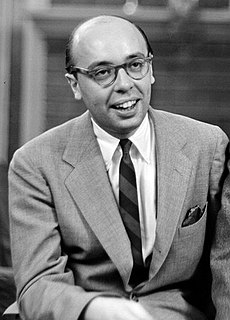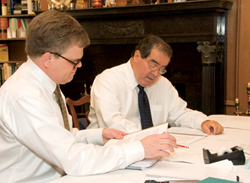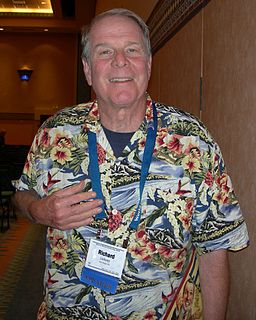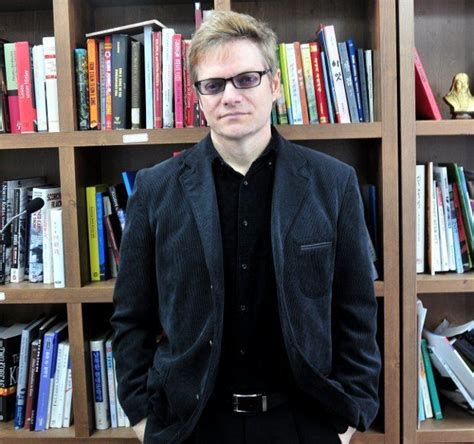A Quote by George Orwell
Most people who bother with the matter at all would admit that the English language is in a bad way, but it is generally assumed that we cannot by conscious action do anything about it.
Related Quotes
The fact that for a long time Cubism has not been understood and that even today there are people who cannot see anything in it means nothing. I do not read English, an English book is a blank book to me. This does not mean that the English language does not exist. Why should I blame anyone but myself if I cannot understand what I know nothing about?" -Pablo Picasso.
English is the largest of human tongues, with several times the vocabulary of the second largest language -- this alone made it inevitable that English would eventually become, as it did, the lingua franca of this planet, for it is thereby the richest and most flexible -- despite its barbaric accretions . . . or, I should say, because of its barbaric accretions. English swallows up anything that comes its way, makes English out of it.
James Joyce's English was based on the rhythm of the Irish language. He wrote things that shocked English language speakers but he was thinking in Gaelic. I've sung songs that if they were in English, would have been banned too. The psyche of the Irish language is completely different to the English-speaking world.
The question occurred to me: Well, if that's so, if the Divine is ultimately formless and genderless, what's the big deal? Why all this bother? The bother is because we have no other way of speaking about the Absolute. We need forms and images. Without them we have no way of relating to the Divine. Symbol and image create a universal spiritual language. It's the language the soul understands.
A word about 'plain English.' The phrase certainly shouldn't connote drab and dreary language. Actually, plain English is typically quite interesting to read. It's robust and direct-the opposite of gaudy, pretentious language. You achieve plain English when you use the simplest, most straightforward way of expressing an idea. You can still choose interesting words. But you'll avoid fancy ones that have everyday replacements meaning precisely the same thing.
Conscious means "having an awareness of one's inner and outer worlds; mentally perceptive, awake, mindful." So "conscious business" might mean, engaging in an occupation, work, or trade in a mindful, awake fashion. This implies, of course, that many people do not do so. In my experience, that is often the case. So I would definitely be in favor of conscious business; or conscious anything, for that matter.
I spent ten years in London; I trained there. But because I started in English, it kind of feels the most natural to me, to act in English, which is a strange thing. My language is Spanish; I grew up in Argentina. I speak to my family in Spanish, but if you were to ask me what language I connect with, it'd be English in some weird way.
There are some people that aren't into all the words. There are some people who would have you not use certain words. Yeah, there are 400,000 words in the English language, and there are seven of them that you can't say on television. What a ratio that is. 399,993 to seven. They must really be bad. They'd have to be outrageous, to be separated from a group that large. All of you over here, you seven. Bad words. That's what they told us they were, remember? 'That's a bad word.' You know bad words. Bad thoughts. Bad intentions.






































